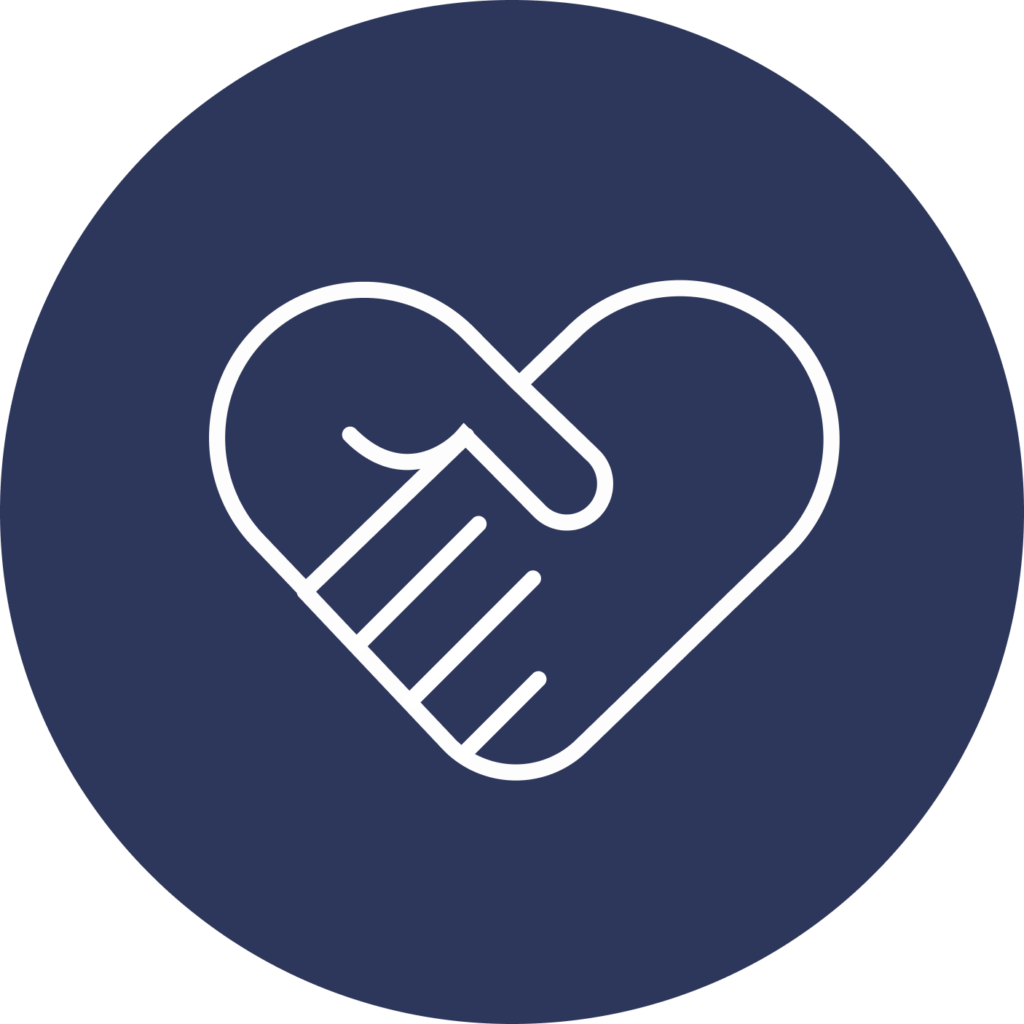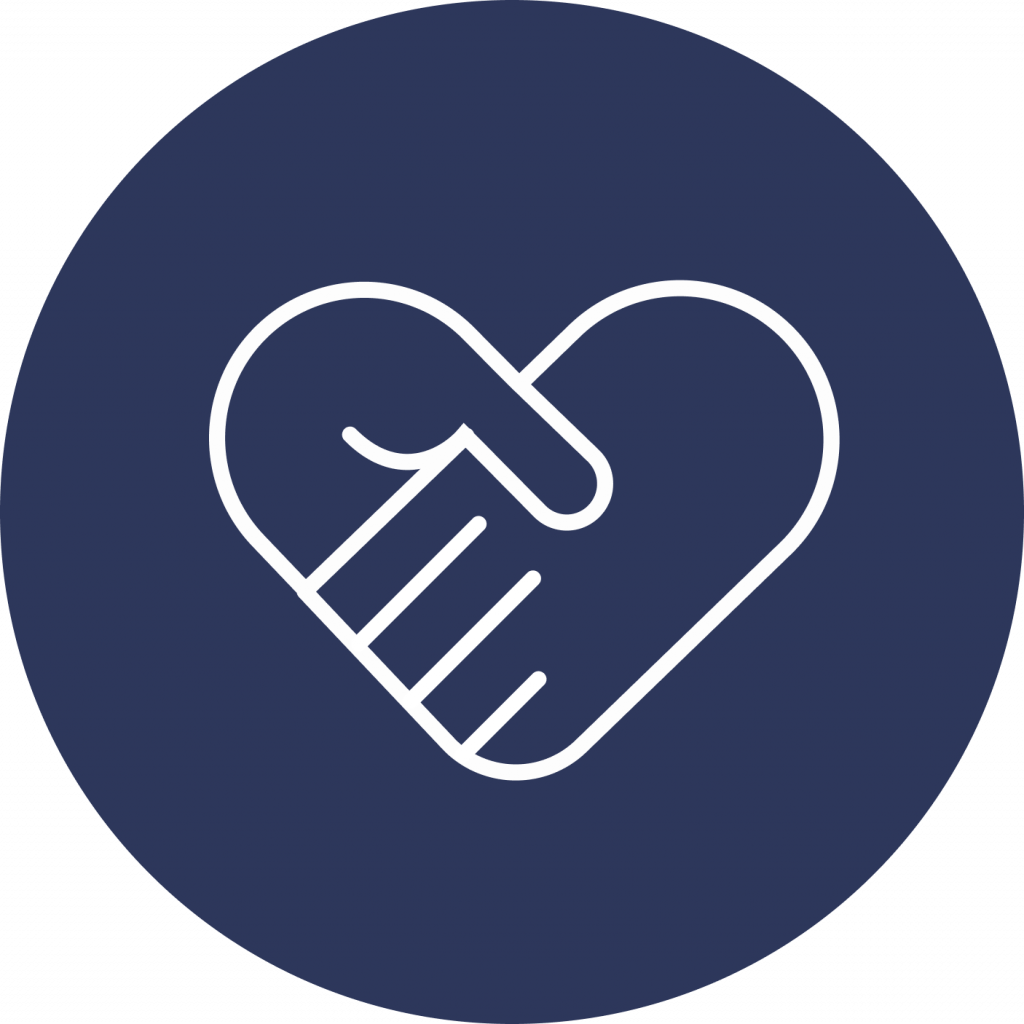We’ve all experienced burnout, whether we knew it at the time or not. Burnout can be hard to recognize if you’re not familiar with its symptoms, and especially if you have the kind of attitude that says, “I can do everything!” I am one of these people, where I take on project after project because I believe I can do it all and that my motivation and mental stamina won’t be affected. Oh, how wrong I am. I’m currently going through my second burnout period in three years, but the thing is, I didn’t even know I was burned out until my very close friend told me, “Listen, you’re burned out, and you need to take a weekend off and relax.” These words were like a revelation for me, and I finally started to recognize what my body had been trying to tell me for weeks: I was burned out.
I’m so grateful that my friend was able to recognize the burnout I was experiencing and tell me to take some time off, and while I am taking things much slower and making sure I carve out time each day to do something that brings me joy and rest, I can’t help but wonder how long I was going to continue to push myself and slog through this burnout if my friend hadn’t reached out, simply because I didn’t recognize the telltale signs and symptoms. So, in this article I’ve put together some of the symptoms you should keep an eye out for to recognize burnout.
First off, what is burnout, and how is it different from stress? Burnout is physical, mental, and emotional exhaustion due to prolonged stress, where you feel drained, unmotivated, overwhelmed, and eventually begin to not care about your work/project because you feel empty with nothing else to give. The difference with stress is that you’re able to imagine the finish line, and believe that if you can get things under control, it’ll all be better. Burnout, on the other hand, is not being able to imagine that finish line anymore, and feeling utterly hopeless about it. If you don’t recognize and get a handle on your burnout soon enough, it can spill over into other areas of your life, like your relationships, job/school performance, and overall happiness leading to depression. This is why it is so important to be able to recognize its symptoms, which I’ve listed below by category.
Emotional / Cognitive Signs and Symptoms
- Increased irritability and frustration
- Inability to concentrate
- Feelings of hopelessness, apathy, defeat, trapped, and detached
- Loss of motivation
- Loss of enjoyment, and an increase in negative self-talk
- Symptoms of anxiety, such as tension, worry, and edginess
- Sense of self-doubt and failure
- A continuing sense of dread
Physical Signs and Symptoms
- Chronic lack of energy
- Insomnia
- An increase in illness, as stress weakens the immune system
- A sudden loss or increase in appetite
- Frequent muscle pain and/or headaches
Behavioural Signs and Symptoms
- Lack of productivity (in comparison to your normal output)
- Isolating self from friends and family
- Procrastinating and taking longer than normal to finish a task
- Withdrawing from responsibilities
- Increased conflicts with friends and family
- Being preoccupied with work when you’re not at work
- Engaging in unhealthy coping strategies outside of your norm (i.e., increased or sudden engagement with alcohol, smoking, and/or drugs)
- Inability to engage in basic care for yourself
Remember, you may have a large or small variety of these symptoms; it all depends on how chronic your burnout is. Recognizing these signs and symptoms will enable you to get help sooner so you can overcome it and begin to feel healthy and positive again. Help for burnout often looks like learning new ways to manage stress, building resilience by taking care of your physical, mental, and emotional health, and seeking help from a professional. Turning to and confiding in friends and family for support is also an effective strategy.
These articles from HelpGuide and Forbes includes some wonderful tips on how to deal with burnout. Changing your habits to prevent and better handle burnout will take time, so remember to be gentle with yourself during this process.

Here2Help is a community tech organization focused on innovative solutions to ensure the growth of resilient communities generations into the future. Are you a community-minded individual interested in sharing your skills to help empower your community? We would love to hear from you to collaborate! Contact us if you’re interested in working with us or hosting a workshop on the Here2Help platform.
We are a registered not-for-profit run entirely through volunteer support. Any contribution goes a long way in helping us reach our goal of healing communities from within.
Visit our Donate page to learn more about how your contribution can make a real difference.
Did you enjoy this article? Share it on social media to help us make a collective impact!
